Understanding Credit Card Processing Fees: A Comprehensive Guide
Common payment processing fees encompass

Navigating the world of credit card processing fees can feel like decoding a complex puzzle. With each transaction, whether in-store or online, there are costs associated with processing payments. These costs manifest as various processing fees, which merchants encounter. Gaining clarity on these fees empowers you to make informed decisions when selecting a payment processor that aligns with your business needs.
Interchange Fees:
These fees are established by card-issuing banks, guided by major card networks (like Visa, Mastercard). They are remitted from the merchant's bank to the cardholder's bank for each transaction. Interchange fees hinge on factors such as card type, transaction method, and industry.
Assessment Fees:
Card networks (e.g., Visa, Mastercard) levy these fees for utilizing their payment processing infrastructure. They often constitute a small percentage of the transaction amount.
Processing Fees:
Payment processors, like Make the Impact, impose these fees for handling transactions. These charges can take the form of flat fees per transaction or percentage-based fees proportional to the transaction amount.
Monthly Statement Fees:
Some processors levy a monthly fee to furnish transaction details through statements, essentially covering record-keeping.
Monthly Minimum Fees:
If a specific transaction volume isn't met, processors may apply a fee to balance the shortfall. (At Make the Impact, we don't have monthly minimum fees.)
PCI Compliance Fees:
Businesses needing Payment Card Industry Data Security Standard (PCI DSS) compliance might face these fees to ensure the secure handling of cardholder data.
Chargeback Fees:
When a customer disputes a transaction or initiates a chargeback, a fee is associated with managing the dispute.
Terminal or Equipment Fees:
If you're leasing or renting terminals or equipment, monthly payments may apply.
Gateway Fees:
Online payments often involve a payment gateway, which might incur usage fees.
Cross-Border or International Fees:
Processing international transactions may entail additional fees related to currency conversion and international processing.
Non-Qualified Transaction Fees:
Transactions not meeting specific conditions (e.g., lack of address verification for card-not-present transactions) might incur elevated fees, with non-qualified transactions often including business and government cards.
Early Termination Fees:
Some processors stipulate contract terms with cancellation fees for early termination. (At Make the Impact, we don't impose early termination fees.)
It's important to note that fee structures and amounts differ across payment processors. When comparing fees among processors, it's essential to account for all charges; a seemingly low rate for one type of fee might be offset by higher rates for other less obvious fees.
At Make the Impact, we're committed to providing a balanced fee structure tailored to each of our customers. Combined with our exceptional hands-on service, we believe we're offering the most advantageous payment processing packages available today.
To delve deeper into payment processing fees and our rates, connect with your Make the Impact expert advisor or visit us here.
Discover the Impact Model:
Beyond providing excellent payment processing solutions, Make the Impact is dedicated to making a positive difference in the world. Our unique Impact model channels a portion of our profits towards meaningful causes, encompassing education, healthcare, environmental conservation, and more. With every transaction, you not only benefit from our services but also contribute to creating a better future.












